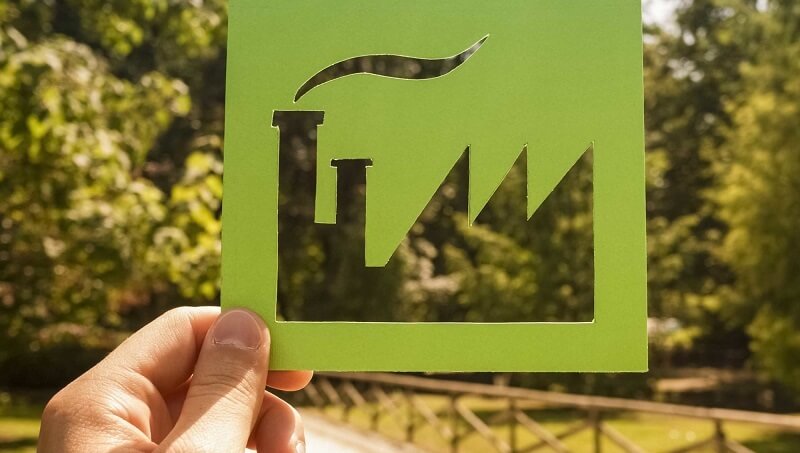March 16, 2021

Cepi, in partnership with leading EU media Politico, hosted a high level online discussion on the role of the bioeconomy to achieve the EU Green Deal goals.
Jori Ringman, Cepi Director General, opened the event highlighting the role of the paper industry in the bioeconomy, and how combining bioeconomy and circular economy offers an optimal solution to mitigating climate change. Referring to Cepi latest study Innovative bio-based products for a sustainable future, he said: “We in the paper industry have 139 biorefineries across Europe, they are the innovation labs of the future bioeconomy. We’re creating new green jobs. We help Europe to recover. This is the bioeconomy in action.”
Ringman strongly invited EU policymakers to help forest-based industries keep fossils in the ground and recognize – via the right policy incentives – the direct positive climate effects of renewable low-carbon goods such as forest-based products. Finally, he called upon EU Commissioner Sinkevičius to make sure that the EU and Member States adopt the same approach to screen the sustainability credentials for all bioeconomy products: “Whatever purpose a tree is harvested for – the same criteria should always apply. We call for the same sustainability approach for all uses of biomass – be it energy, clothes, food and pharma or any other uses.”
In the one-to-one interview moderated by Politico senior policy editor, Jan Cienski, EU Commissioner for Environment Virginijus Sinkevičius commented on the upcoming forest strategy confirming that it will take into account both the importance of having growing, resilient and diverse forests but also the role of forest-based industries which brings social and economic benefits to rural areas. He also emphasized the importance of the bioeconomy monitoring system launched last year and managed by the Joint Research Centre (JRC) to be able to assess the bioeconomy developments at national level, then he announced a report on bioeconomy best practices to be published by the European Commission soon. Finally, replying to Jori Ringman’s call about a sustainability criteria for all bioeconomy products, he stated that research and innovation will be the solution to develop markets for bio-based products rather than EU regulation, mentioning sustainable algae production and bio-based plastics, in particular.
During the panel discussion moderated by Louise Guillot, Sustainability reporter at Politico, Deputy Director General for DG Environment Joanna Drake emphasized the role of citizens and consumers to empower the bioeconomy. She also confirmed that the forest strategy will be published before the summer and will support the shift to a more circular economy. Commenting on the Sustainable Products Initiative planned for later in 2021, she noted that 16 environmental impacts will be taken into account to assess the environmental benefits of choosing a product over another one, according to the Product Environmental Footprint (PEF) approach.
UPM CEO Jussi Pesonen called for a revamped EU forest strategy that takes into account the different forest realities across Europe without becoming a “tyranny of averages” and acts as an enabler for the bioeconomy. He also hammered on the need to move beyond fossils now. Finally, he reminded the panel of the job creation that the bioeconomy represents especially for SMEs, not only in Finland but all over Europe, and the commitment of his company, UPM, to preserve biodiversity, while already planting over 50 million trees a year.
Also Read: BillerudKorsnas and Tetra Pak Together Aims to Achieve 100% Recyclable Packaging.
Member of the European Parliament Franc Bogovič (EPP, Slovenia), insisted on the positive impact of the bioeconomy, bringing new materials from agriculture for instance while FERN Campaign coordinator Hannah Mowat mentioned the need for a clearer vision on what kind of forests we want for the future and how we wish to use them in order to avoid decreasing carbon sinks and forest biodiversity.



